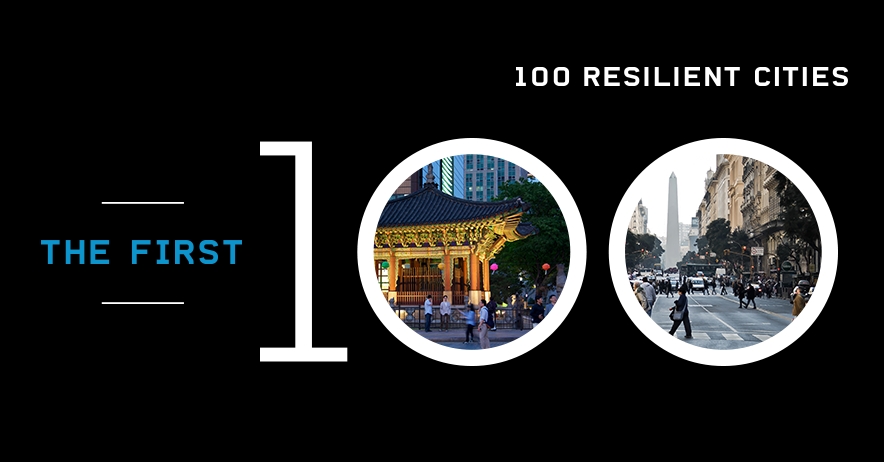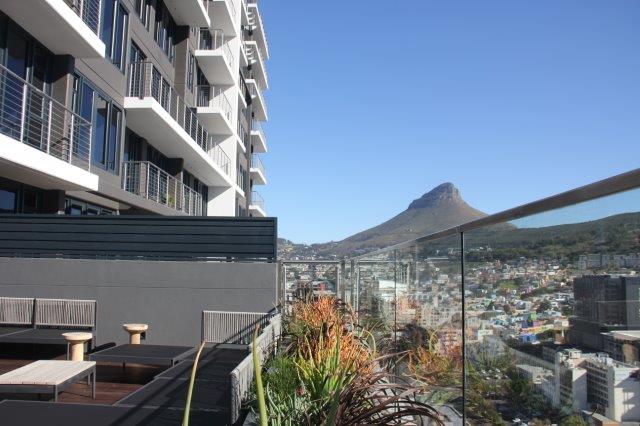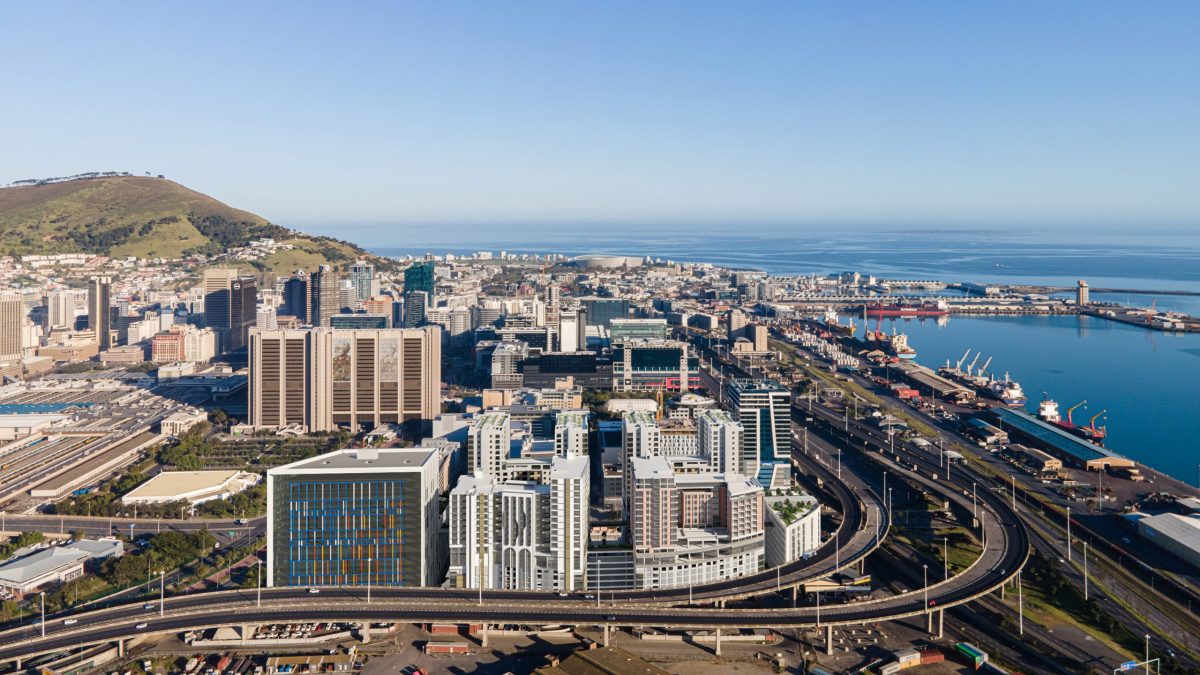

Cape Town has felt the shock of taps nearly running dry and the shock of floods; the stress of crime and being the murder capital of the country. The daily stress of traffic congestion and being stranded on trains. The stress of poverty and 450 000 people who want to work but cannot find jobs.
Now Cape Town is looking at a different way of tackling these issues. Two years ago, Cape Town, with 99 other cities worldwide, became part of an international programme to build an overall resilience into the city, making it better able to deal with the stress and shocks affecting urban areas.
The network is called 100 Resilient Cities, funded by the Rockefeller Foundation in the US and is hoped to ultimately extend to 1 000 cities or more. On 22 September, City of Cape Town Mayor Patricia de Lille launched the City’s first draft of a resilience assessment, the first step in the process of developing a city resilience strategy. for public comment.
What makes it different is that officials canvassed the public extensively before drawing up the draft, so that it contains a huge amount of public input already. This included workshops with academics, the private sector, officials, NGOs and 11 000 face-to-face interviews with residents in informal settlements.
Before the launch, representatives from cities around the world in the 100 Resilient Cities programme gathered in Cape Town to explore ways that city could become water resilient.
Karin Bruebach, engineer and urban water director at 100 Resilient Cities, who was part of the discussions, said there was no city in the world that was water resilient. The world was, however, improving technology and methods for assessing risks and making predictions. Asked if she thought the City of Cape Town had been prepared for the water crisis, Bruebach said she believed the City had underestimated what could happen, although the risk had already been “on the table”.
“Cape Town‘s resilience journey started in the water journey, and the outcome so far has been absolutely stunning, and it will help other cities around the world dealing with water.
“It is important for the City to take action now by moving the education and communication programme about water away from crisis management to long-term behaviour change.”
More news
- DOK-ING’s innovative electric mining equipment unveiled at ElectraMining
- CONCOR’S MASTERY IN FAST TRACK PROJECT IMPLEMENTATION UNDERSCORED BY SAFETY AWARD
- PROMINENT SEA POINT HOTEL REFURBS WITH REHAU
- CONCRETE ROOF TILES USED FOR WALL CLADDING ON COASTAL HOME
- THE GREENEST RESIDENTIAL DEVELOPMENT IN AFRICA?





